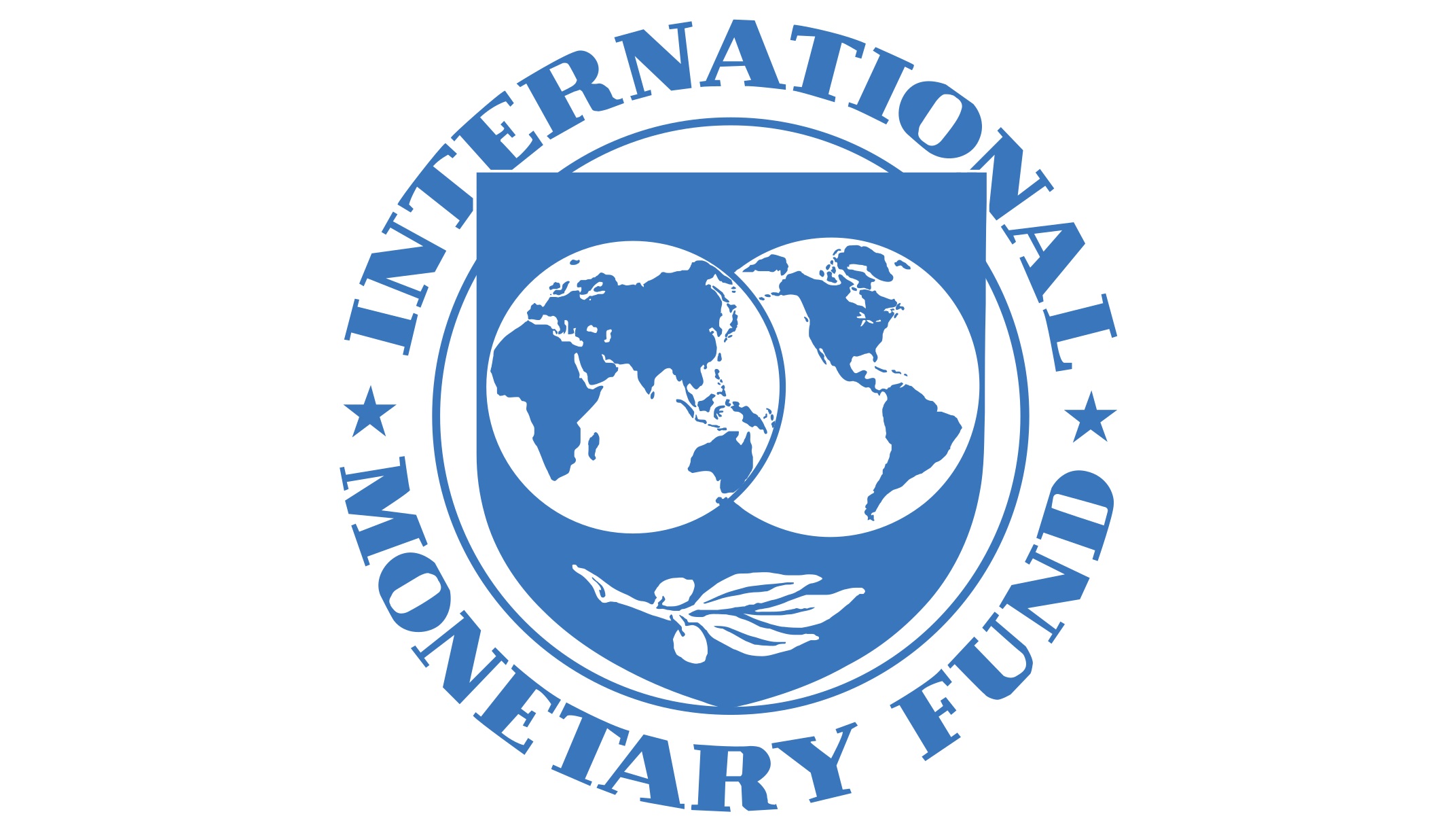The International Monetary Fund’s (IMF’s) Post-Financing Assessment Report on Nigeria in February 2024, prescribing the removal of the subsidy on electricity, increase in monetary (interest) rate, and the mopping up of [excess] cash in circulation, came as a shock to Nigerians, who are still reeling in the pains inflicted by the removal of subsidy on fuel and the collapse of exchange rates. These two crushing pills, prepared by the IMF, have dealt bitter blows to the living conditions of the Nigerian people, and the pains created have aggravated, instead of subsiding, nine months after they were administered.
The IMF, set up to assist governments facing payment difficulties and to overcome inflationary pressures at home, tends to churn out advisories that aggravate suffering in Nigeria. The recent report, replete with statistical data, reduces the lives of Nigerians to percentages. In the report that assesses the capacity of Nigeria to meet its obligations to repay the Bretton Wood institution’s loan, the IMF argues that “[Nigeria’s] temporary and targeted support to the most vulnerable in the form of social transfers is needed given the ongoing cost-of-living crisis. Fuel and electricity subsidies are costly, do not reach those that most need government support and should be phased out completely.”
It is clear that the IMF did not read the mood of the country or has ignored the evidence-based arguments against its recommendations. It is clear that the so-called ‘support to the most vulnerable’ in the name of Conditional Cash Transfer, has been discredited by the fact that it has fattened some government officials instead. It is an unrealistic policy measure in Nigeria, and Nigerians have advocated that the funds should rather be spread as subsidy on transportation, health, education, and agricultural production, etc. For the IMF to insist that the corrupt measure could ease the cost-of-living crisis in Nigeria is to misread the context of the ongoing welfare crisis. Also, the argument that fuel and electricity subsidies ‘do not reach those that most need government support’ has been proven to be false. The ordinary Nigerian has not recovered from the rash removal of the subsidy in May last year; it has contributed to the current unbearable food inflation.
Unfortunately, the Minister of Power, Mr. Adebayo Adelabu, is now echoing the IMF advisory by singing the refrain that government can no longer subsidise electricity. The problem with electricity in Nigeria is not related to subsidy; rather, it is about the inability of government to generate and distribute electricity across the country in spite of huge financial investments through loans from the World Bank and other multilateral institutions. The Nigerian government would not contemplate subsidy if the plans put in place at the time of the unbundling of the power sector had been adhered to. The sector has failed due to nepotism, greed and corruption perpetrated by some government officials.
4 killed, 10 injured as bus crashes in Ondo
Nigeria ready to host African Central Bank – Tinubu
Instead of tackling the rent-seeking officials, the Tinubu administration is buying verses from the IMF. The IMF has given the impression that the word ‘subsidy’ was coined in Nigeria and that it is a crime to subsidise anything for the people. As the IMF is aware, the idea of subsidy comes from the West, where even capitalist countries subsidise transportation, healthcare, education, agriculture, etc, in order to boost the welfare of the people in the lower stratum of society. As a newspaper, we resist the removal of subsidy on electricity or the implementation of any other policy that would worsen the living conditions of the people. The minister’s priority should be how to boost electricity generation and distribution, not how to impoverish the people further.
It appears as if instead of formulating home grown policies, taking into consideration our peculiarities, the Tinubu government relies on the IMF and World Bank to articulate policy directions for it. Now is the time to change that. Our economic measures must be home-grown, not those prescribed by creditors whose main preoccupation is how to recover their credit. The government must put in place measures that will boost local industrial production, create jobs, battle criminals, and ensure improved welfare for the people. The IMF has been thinking for Nigeria since the days of the Structural Adjustment Programme (SAP). The result has been more pains, poverty and diminishing standard of living. President Tinubu must bring together Nigerian economists to fashion out a future for the country instead of listening to the Bretton Wood institutions, whose thoughts are not our thoughts. Only very few countries have reached the ‘Promised Land’ by obeying the IMF and the World Bank. We must resist them. And going forward, we urge officials of government to be wary of loans taken from such institutions. They must read through the lines and negotiate properly, so that no one dictates to us.

 Join Daily Trust WhatsApp Community For Quick Access To News and Happenings Around You.
Join Daily Trust WhatsApp Community For Quick Access To News and Happenings Around You.


